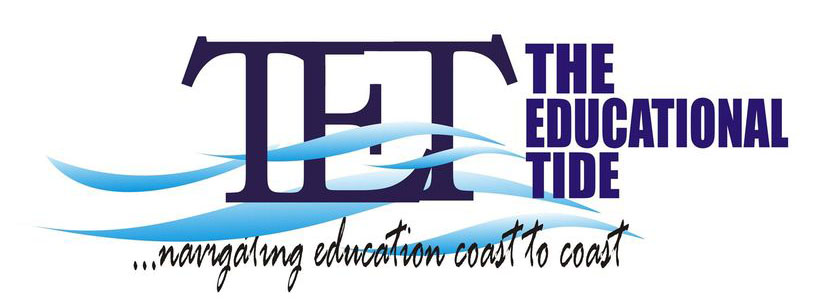Google has unveiled a groundbreaking tool aimed at assisting expectant mothers in Nigeria to access emergency obstetric care. This initiative, developed in collaboration with the OnTIME Consortium, serves as a comprehensive solution to address the challenges faced in accessing healthcare services, particularly in regions with limited facilities.
Leveraging Google’s internal directions Application Programming Interface (API), the tool estimates travel time to the nearest, second nearest, and third-nearest emergency obstetric care facilities in specific regions across Nigeria. Building upon a dataset released by Google in 2021, which provided average travel times to COVID-19 vaccination centers, this tool offers valuable insights to decision-makers, governments, and public health organizations.
The dataset, previously used by esteemed institutions like Boston Children’s Hospital and the Harvard School of Public Health, aided in identifying “vaccine deserts” and informing vaccination efforts. Similarly, decision-makers can utilize the gathered information from the tool to enhance ambulatory services, improve road infrastructure, expand existing facilities, and more.
Statistics from the World Health Organization reveal that preventable causes related to pregnancy and childbirth result in approximately 830 maternal deaths per day, with over 70% occurring in Sub-Saharan Africa. Nigeria, in particular, has been a significant contributor to global maternal health deaths. Timely access to emergency obstetric care has the potential to reduce maternal deaths and intrapartum stillbirths by up to 50% and 75%, respectively, as demonstrated by data from ‘The Evidence For Emergency Obstetric Care Study.’
The tool developed by Google, in collaboration with the OnTIME Consortium, focuses on Nigeria’s 15 largest cities, including Abuja, Lagos, Ibadan, and Port Harcourt, among others. By providing decision-makers with a clear understanding of how expectant mothers can quickly access emergency obstetric care, this tool aims to improve pregnancy outcomes for both mothers and newborns.
Expressing enthusiasm about this partnership, Olumide Balogun, the Interim Lead of Google Nigeria, highlighted the significance of this collaboration between policymakers, doctors, and researchers. Together, they are dedicated to enhancing care for expectant mothers and making this innovative tool widely accessible to decision-makers across Nigeria.
In summary, Google’s innovative tool for emergency maternal care is set to revolutionize access to healthcare services for expectant mothers in Nigeria, playing a vital role in reducing maternal mortality rates and ensuring the well-being of mothers and newborns.
Source here.














